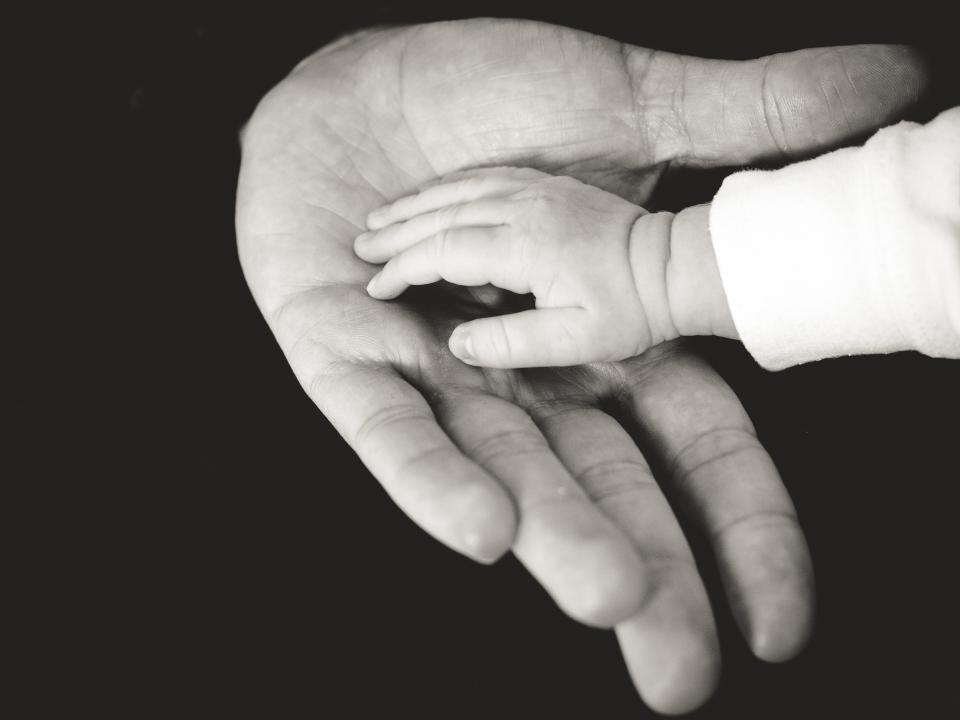
If you are a stepparent and decide to adopt your spouse’s children, we want to congratulate you. Becoming your stepchildren’s legal guardian can give stepchildren a sense of security and confirm your commitment to your spouse and his or her family. Even if you have already accepted your stepchildren as your own in your heart, making it official can have many rewards and benefits.
Step 1: Filing Adoption Court Forms
As with any legal proceeding, the first step is to file the proper documents with your county’s court. You should consider hiring a step parent adoption lawyer to help you obtain and fill out these documents, since they can be complex and require due diligence. If you fill out the forms incorrectly, the court may deny your request—in which case you must file an appeal. The forms you need to file include an official adoption request, an adoption agreement, adoption order, and a court report of adoption.
The adoption request gives the courts some information about you and the child/children you want to adopt. You need to fill out separate adoption request forms for each child you would like to adopt. The adoption agreement informs the judge that a child over 12 agrees to the adoption. You do not need this form if the children you are adopting are less than 12 years old. Do not sign an adoption agreement until the judge says you can.
You must fill out your adoption papers as completely as possible, including as many details as you can about your family and personal life. If the judge approves your request, he or she will sign the adoption order. You will then need the court report of adoption form to inform the Office of Vital Records of the successful adoption.
Step 2: Work With a Court Investigator
Once you have filled out and filed the proper court forms, you must wait until a court investigator contacts you. The investigator will review your adoption request and write a report to the judge about you, your family, and your prospective adoptive children. You will receive a worksheet in the mail; you must complete it for investigative purposes. As part of the investigation, you will need to provide your case investigator with certain documents.
You will need certified copies of the children’s birth certificates and your marriage license or certificate of domestic partnership. If your spouse has passed away and you are filing for adoption of his or her children, you will also need the death certificate of the absent parent. If you were married in the past, the investigator will also need a divorce decree for previous marriages. If your spouse is divorced, provide a court order awarding custody of children to your spouse from your spouse’s former partner.
Step 3: Obtaining Consent
If your spouse’s ex-spouse or ex-partner still shares custody or parental rights to children, you must obtain consent from the parent to give up parental rights to the children. If the parent refuses, you can file a petition with the courts to end the ex-spouse’s parental rights. Without this step, the court will refuse to hear your petition for adoption. You also need the consent of your spouse (the spouse retaining custody of children) to adopt his or her children.
Step 4: Attend the Court Hearing
You must set up an adoption hearing after you have provided the court with the proper documents, consent forms, and investigator’s report. Call your county’s calendar clerk to schedule an adoption hearing. Your spouse and the child/children in question must attend the hearing. You can also invite friends or relatives to witness the adoption. Once the court finalizes the adoption, you will receive a new birth certificate for the child/children with your name as the legal parent. Then it is time to celebrate!



























